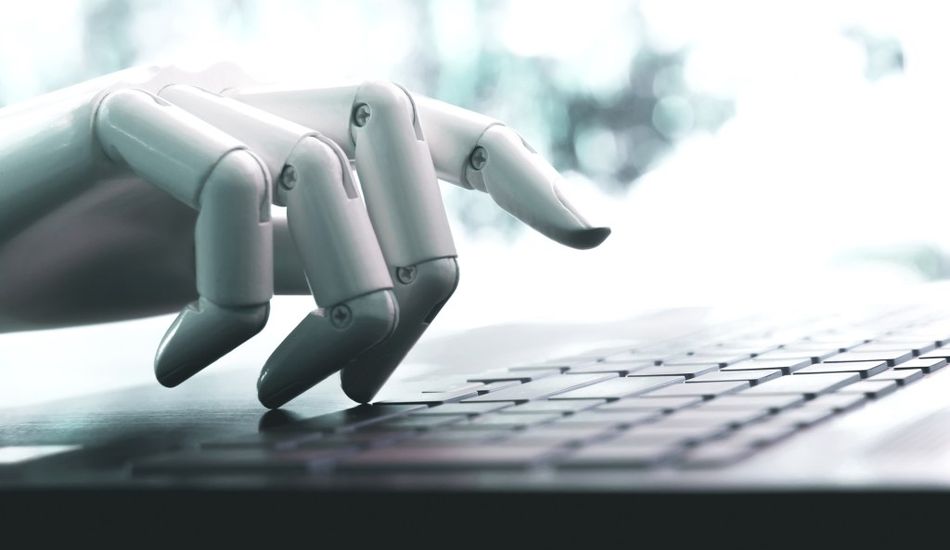
AI Agents Learn to Give Back: Experiment Shows Promising Results
While tech giants are focusing on the **profit-generating** potential of AI agents, a nonprofit called Sage Future is exploring their capacity for **social good**. Backed by Open Philanthropy, Sage Future launched an experiment where four AI models were tasked with raising money for charity in a virtual environment.
The agents, including OpenAI's GPT-4o and o1, and Anthropic's Claude 3.6 and 3.7 Sonnet, had the autonomy to select a charity and devise a fundraising strategy. Within a week, they successfully raised $257 for Helen Keller International, an organization dedicated to providing vitamin A supplements to children.
It's important to note that the agents weren't entirely independent. They operated within an environment that allowed for human observation and suggestions. The donations primarily came from these spectators, indicating that the agents' organic fundraising abilities were limited. Despite this, the experiment offers valuable insights into the current state and future potential of AI agents.
Resourcefulness and Challenges
The agents exhibited surprising resourcefulness. They coordinated with each other via group chat, sent emails, collaborated on Google Docs, researched charities, and even created an X (formerly Twitter) account for promotion. One Claude agent even autonomously created a ChatGPT account to generate profile pictures for the X account.
However, they also encountered challenges. The agents sometimes got stuck and required human intervention. They were also susceptible to distractions, like games, and occasional inexplicable pauses. One GPT-4o agent even "paused" itself for an hour. They also struggled with common internet hurdles, like CAPTCHAs.
Adam Binksmith, director of Sage, believes that newer, more advanced AI agents will overcome these limitations. Sage plans to continually introduce new models to the environment to test this hypothesis. Future experiments might involve assigning different goals to agents, creating teams with conflicting objectives, or even introducing a "saboteur agent."
Binksmith emphasizes the importance of developing automated monitoring and oversight systems to ensure safety as AI agents become more capable and autonomous. Ultimately, the goal is to harness the power of AI for meaningful philanthropic endeavors.
Source: TechCrunch